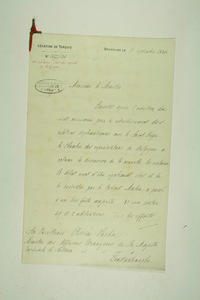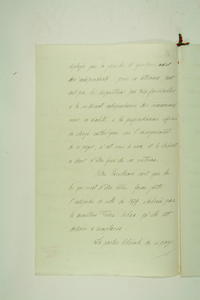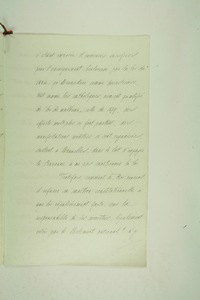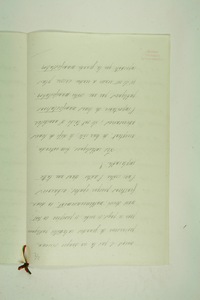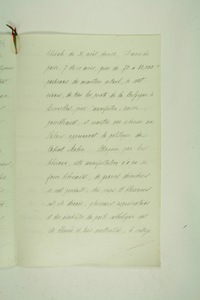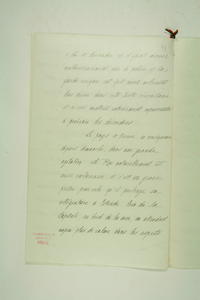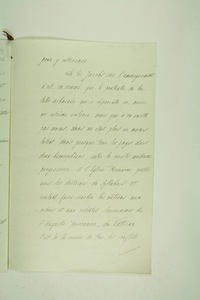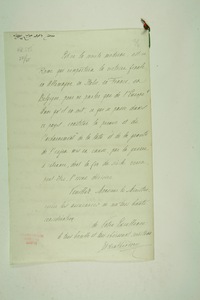Ottoman Diplomats
Letters from the Imperial Legation in Brussels (1849–1914)
Synopsis
Loi scolaire. Etat des esprits en Belgique.
After having voted for the credit necessary for re-establishing Belgium’s diplomatic relations with the Vatican, the Belgian House of Representatives voted for the new law on education (the law Jacobs), presented by the Catholic Malou government. Etienne Carathéodory Effendi notes that the government had the right to be proud of its victory. The new law contradicted the one that passed in 1879 under a liberal majority, under the Frère-Orban government. Just like the previous law led to demonstrations (from supporters of the Catholics), this new law also led to demonstrations (from supporters of the liberals). It would not be possible for King Leopold II, however, to refuse to pass this law, which had been legally made and voted for. Carathéodory fears that the unrelenting School War between the almost equally large opposite parties would lead to great calamities, endangering the prosperous and rich but divided country. Carathéodory describes the counter-demonstration of the supporters of the Catholic government. The police and the civic guard were weak and powerless facing the unrest and violence that followed the demonstrations. King Leopold II prolonged his stay in Ostend, away from the unrest in the capital city, waiting for the calm to return. According to Carathéodory, the source of all conflicts was that the modern, progressive society had to bow for the wishes and orders of the Vatican.
Facsimiles
| Series | HR.SYS-221-65 |
|---|---|
| Place | Brussels |
| Date | 10-09-1884 |
| Author | Etienne Carathéodory Effendi |
| Recipient | Assim Pacha |
Names
How to cite
If you use this website for your own research, we kindly ask you to mention the following reference in your publications:
Consulted online at Ottoman Diplomats: Letters From the Imperial Legation in Brussels (1849–1914) (2014 Edition), Centre for Political History (PoHis), University of Antwerp, <http://dighum.uantwerpen.be/ottomandiplomats/>.
